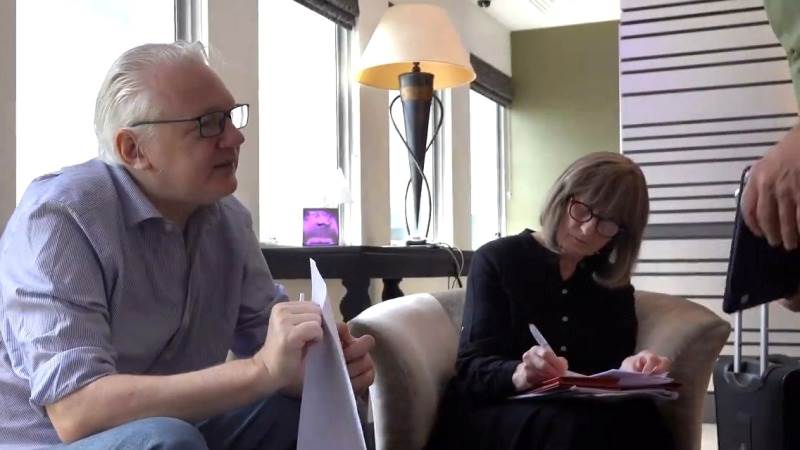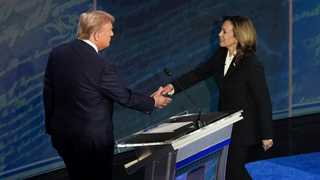Julian Assange, a 52-year-old Australian citizen, known worldwide as the founder of WikiLeaks, was freed today after striking a plea deal in the United States. Assange founded WikiLeaks in 2006 with the aim to publish restricted, confidential or censored materials and documents related to war, corruption and espionage.
Assange's legal troubles began in 2010 when WikiLeaks published a video showing American forces attacking and killing 11 people in Baghdad, including two journalists. In November of the same year, the website released over 250,000 secret diplomatic cables from US embassies worldwide. Meanwhile, Sweden issued an arrest warrant for Assange accusing him of a sexual assault, while in the US he was accused of espionage crimes. The United Kingdom authorities arrested him over the Swedish charges, but he denied the accusations, claiming that it was a plot to extradite him to the US.
In 2012, after he lost his appeal of the Swedish warrant at a British court and violated bail, he requested political asylum in the Ecuadorian embassy in London. The Latin American country granted him asylum and he spent the next seven years in the embassy until April 2019, when then-Ecuadorean President Lenin Moreno revoked his political asylum and ordered him to leave the building. Assange was detained in London and sent to a British prison where he spent the next five years struggling to evade extradition to the US.
Now, Assange reached a plea agreement with the US Department of Justice, under which he will plead guilty only to the Conspiracy to Receive National Defense Information charge. The trial is expected to take place in the Northern Mariana Islands, the US territory in the Pacific Ocean on Wednesday, where Assange is set to be sentenced to 62 months in prison, which he already served. WikiLeaks' founder will thus avoid facing 17 other charges of violating the US Espionage Act.
The plea deal was welcomed by several journalism organizations, including the International Federation of Journalists, which called his release a “significant victory for media freedom.”




